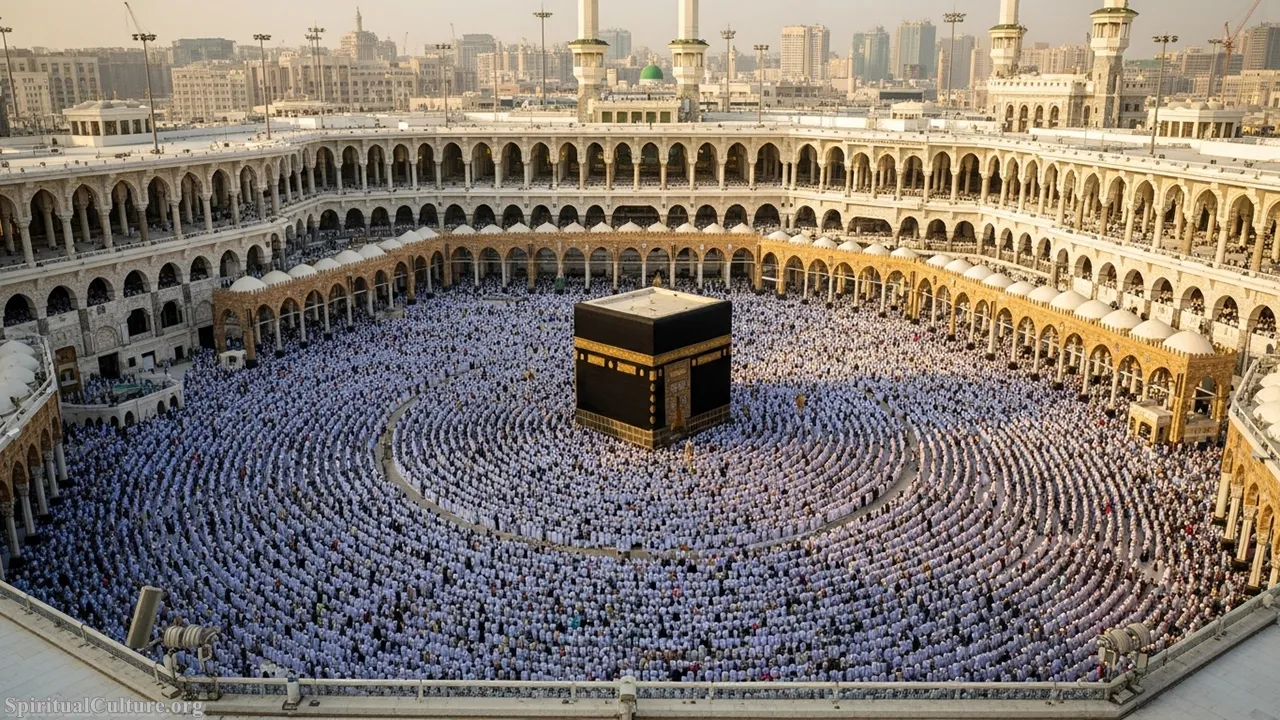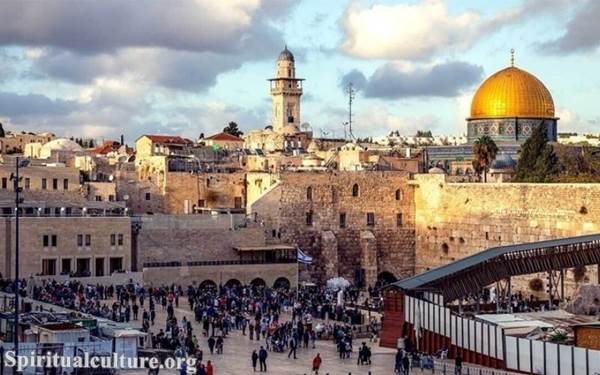The soul of sacred wisdom is carried on the breath of language. Explore how words become vessels of timeless truth.
Language is more than a means of communication; it is the cradle of civilizations, the guardian of memory, and the breath of spiritual revelation. When we explore the sacred texts of the world — from the Torah to the Quran, the Vedas to the Bible — we realize that language does more than record events. It preserves the heartbeat of faith, the whisper of the divine, and the dreams of generations.
In this journey, Spiritual Culture invites you to reflect on the vital role of language in safeguarding sacred ideas. We will uncover how ancient words continue to live, how translation both opens and challenges spiritual understanding, and why reverence for language is, at its heart, reverence for life itself.
Language as the Vessel of Sacred Truth
The Origin of Sacred Language
From the beginning, language has been revered as a sacred gift. In Genesis, we read, “And God said, ‘Let there be light,’ and there was light” (Genesis 1:3, NIV). Creation itself unfolded through the power of the spoken word. Similarly, in Hindu tradition, the primordial sound “Om” is seen as the vibration from which all existence emanated.
These examples reveal a deep truth: language is not merely descriptive; it is creative, alive, and participatory in the sacred order.
Preserving the Sacred Through Writing
As oral traditions matured into written forms, language became a bridge across time. The Torah, meticulously handwritten by scribes, or the Vedas, passed down through exacting oral recitation before being inscribed, demonstrate how language was treated with awe. Every word, every stroke was seen as containing divine energy.
Thus, language was not only a tool but a sacred trust.
A Real-World Metaphor: Language as an Ark
Imagine language as an ark, like Noah’s ark, carrying precious living truths across the turbulent seas of time. Without it, the sacred ideas might drown, forgotten. With it, they sail into new generations, safe and vital.
The Challenges of Translation: A Double-Edged Sword
The Blessing of Accessibility
Translation has opened sacred texts to millions. The spread of Christianity, for example, was propelled by the translation of the Bible into Greek (the Septuagint) and later into countless languages. Islam treasures the Quran in Arabic but also encourages translation to aid understanding.
When sacred words cross linguistic boundaries, they spark spiritual awakenings in hearts that might otherwise have remained untouched.
The Perils of Distortion
Yet, translation is not without peril. Nuances can be lost. Meanings can shift. For instance, the Greek word “metanoia” often translated as “repentance” in English, more deeply means “a transformative change of mind.”
In Buddhism, “dukkha” is often rendered as “suffering,” but its original sense encompasses a more complex notion of unsatisfactoriness or existential unease.
The Mirror and the Lens
Translation is like looking into a mirror — but sometimes the mirror distorts. Or like using a lens — it can magnify the truth or warp it. The reverent translator must seek not merely to exchange words, but to carry the soul of the idea across the river of language.
Language as Identity and Continuity
Sacred Language and Communal Memory
Certain languages themselves become intertwined with spiritual identity. Hebrew is not just a means to read the Torah; it is a living thread binding Jewish history, prayer, and identity. Sanskrit similarly binds Hindu tradition, while Arabic binds the Islamic world.
In many cases, to lose a sacred language is to risk losing the fullness of spiritual memory.
A Fragile Garden
Think of sacred languages as rare gardens. When tended carefully, they bloom across centuries, nourishing the soul. If neglected, they wither, and with them, unique shades of divine beauty may vanish from human experience.
Language and the Sacred Power of Naming
Names as Bridges to the Divine
In sacred traditions, naming is an act of profound significance. God gives Adam the task of naming the animals (Genesis 2:19-20), an act of stewardship and understanding. In many Native American traditions, names are sacred, reflecting deep truths about identity and purpose.
Names in sacred texts — Yahweh, Allah, Krishna, Buddha — are not mere labels. They are encounters.
The Inexpressible Name
Some traditions even recognize that the divine name is ultimately beyond human language. Jews, out of reverence, often refrain from pronouncing the divine name YHWH, replacing it with “Adonai” (Lord) or “HaShem” (The Name).
This reveals an ultimate humility: even as language draws us near, it also reminds us of the Mystery beyond words.
The Fragility and Power of Oral Tradition
Oral Transmission as a Sacred Craft
Before sacred words were inked onto scrolls or printed onto pages, they lived in the vibrations of human breath. In Vedic tradition, entire scriptures were memorized and recited with astonishing precision.
The Gospel message, too, first spread by voice, not book.
Oral transmission is an art of living memory, a dance between exactness and vitality.
Risks of Forgetting
Orality is vibrant but fragile. Wars, colonization, displacement — these have endangered many sacred oral traditions. Each lost tongue or forgotten chant is a fading star in humanity’s spiritual sky.
Sacred Texts as Living Words
Scriptures That Speak Across Time
Sacred texts are not merely ancient relics. They are living words. As Hebrews 4:12 proclaims: “For the word of God is alive and active.”
When language preserves sacred ideas well, the text becomes a dialogue partner, speaking anew to each generation. Whether one reads the Bhagavad Gita, the Tao Te Ching, or the Psalms, the ancient words resonate with fresh life.
Language as a Living Bridge
Language thus becomes a living bridge between past and future, between human hearts and the Divine.
Why Reverence for Language Matters Today
Modern Challenges to Sacred Language
In a digital age of speed and soundbites, there is a danger of reducing sacred language to mere slogans or hashtags. Reverence is replaced by rapidity. Depth is replaced by trendiness.
Spiritual Culture calls us to resist this tide. To treat sacred words with awe. To approach language as a living, breathing miracle.
Reviving a Culture of Sacred Words
We revive the sacredness of language when we:
- Read sacred texts slowly, attentively, prayerfully
- Learn and cherish ancient languages where possible
- Translate with humility and wisdom
- Speak thoughtfully, honoring the weight of words
In doing so, we become participants in the great chain of spiritual memory.
Reflect and Reimagine
Language is more than ink on a page or vibrations in the air. It is the soul’s instrument for touching the Infinite. When we honor language, we honor the sacred ideas that define, uplift, and guide humanity.
Take time today to reflect: How do you use language in your own life? Do your words build bridges to the sacred or walls of forgetfulness?
May we all become humble guardians of the living words entrusted to us, keeping the flame of sacred wisdom alive for generations yet unborn.





